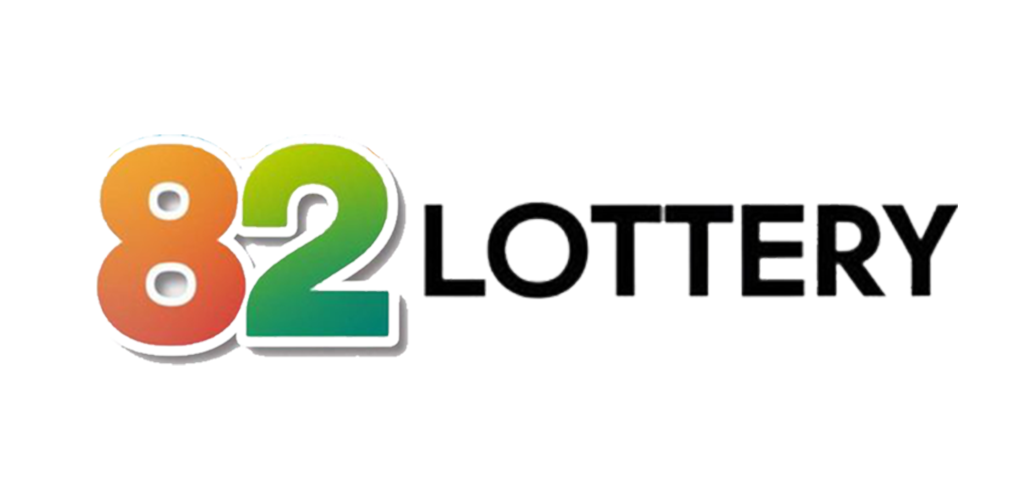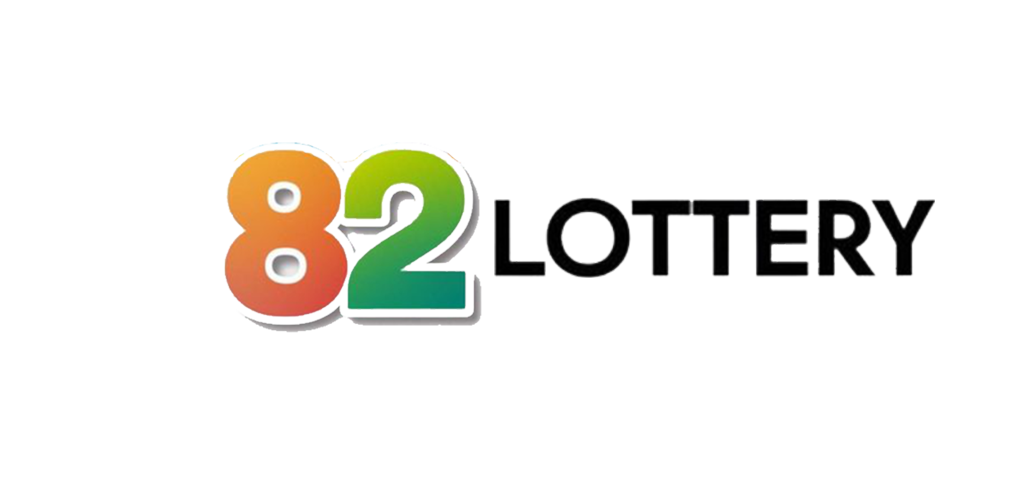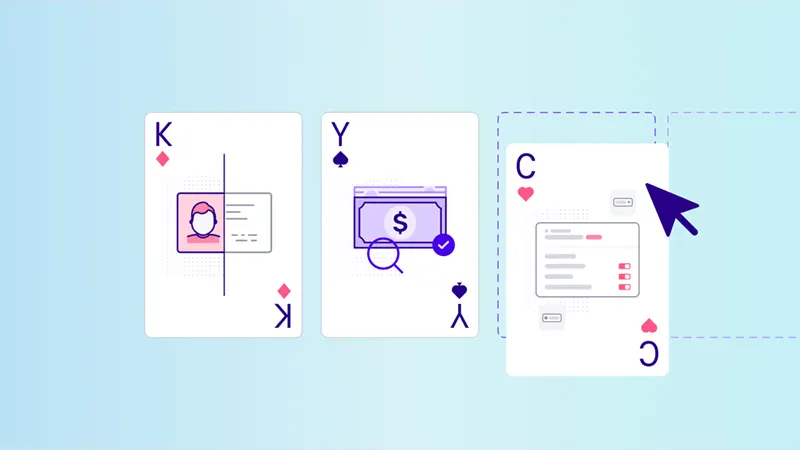The online gambling market has experienced explosive growth in recent years, bringing with it increased opportunities but also significant risks for players. With thousands of casino operators competing for attention, distinguishing between legitimate, licensed operators and potential scams has become more challenging than ever.
A valid gambling license serves as the foundation for determining the legality and safety of any casino operation. It represents more than just a piece of paper—it’s a guarantee that the operator adheres to strict regulatory standards, maintains fair gaming practices, and provides player protection mechanisms. This comprehensive guide will help you understand the licensing landscape and provide practical tools to verify the legitimacy of any casino operator, including how to spot signs of scam casino operations.
Common Types of Gambling Licenses in the Market
1. Curacao eGaming License
Operating since 1996, the Curacao eGaming license has become one of the most recognizable gambling licenses worldwide. This jurisdiction offers a single license type that permits operators to run multiple gaming services, including online casinos, sportsbooks, and lottery operations.
Advantages:
- Fast application process (typically 6-8 weeks)
- Lower fees and operational costs
- Single license covers multiple gambling activities
- Suitable for startup operations
Limitations:
- Lighter regulatory supervision compared to European jurisdictions
- Sub-license holders bear primary responsibility for compliance
- Less stringent player protection requirements
2. Malta Gaming Authority (MGA)
Established in 2001, the Malta Gaming Authority represents the gold standard in European gambling regulation. MGA issues different license types based on specific gaming activities (casino games, sports betting, peer-to-peer games, etc.).
Key Features:
- Rigorous due diligence process
- Mandatory AML/KYC compliance
- Strong player protection systems
- Regular auditing and reporting requirements
- High international recognition and trust
Considerations:
- Higher licensing fees and taxes
- Extended application timeline (4-6 months)
- Strict ongoing compliance requirements
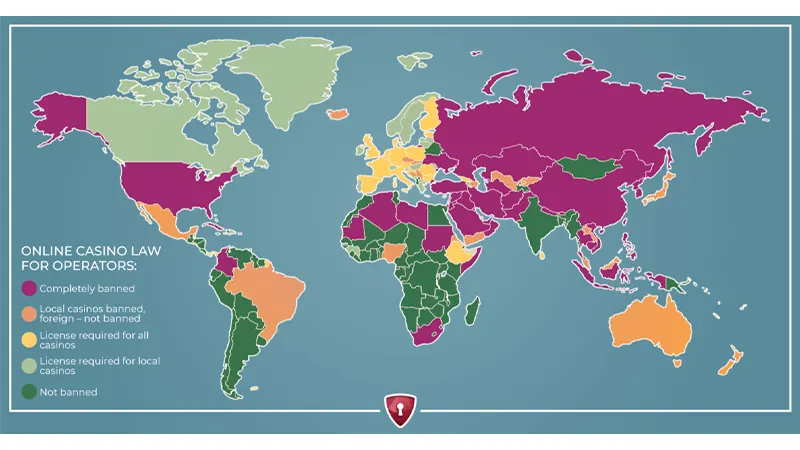
3. Other Notable Licensing Jurisdictions
- UK Gambling Commission (UKGC): Highest regulatory standards, consumer duty requirements
- Kahnawake Gaming Commission (Canada): Established jurisdiction with moderate oversight
- Gibraltar Regulatory Authority: Strong European regulation with tax advantages
- PAGCOR (Philippines): Regional focus with growing international recognition
Criteria for Evaluating License Credibility
1. Issued by Recognized Authority
A legitimate license must be issued by a government-authorized regulatory body with clear jurisdiction and public accountability.
2. Publicly Verifiable License Database
Reputable jurisdictions maintain online databases where license status can be verified. These include:
- MGA: Official operator register at mga.org.mt
- Curacao: Gaming Control Board verification system
- UKGC: Public register of licensed operators
3. License Information Matches Legal Entity
The license must correspond exactly to the legal entity operating the casino, including:
- Corporate name and registration number
- Registered business address
- Authorized gaming activities
4. Active License Status
Verify that the license remains valid and hasn’t been suspended, revoked, or expired.
82 Lottery License Information
When evaluating 82 Lottery’s licensing status, it’s essential to examine their regulatory partnerships and underlying casino software providers. For example:
Scenario A: Partnership with Curacao-Licensed Operator
- Verify sub-license arrangement with master license holder
- Check license code against official Curacao registry
- Confirm authorized gaming activities include lottery operations
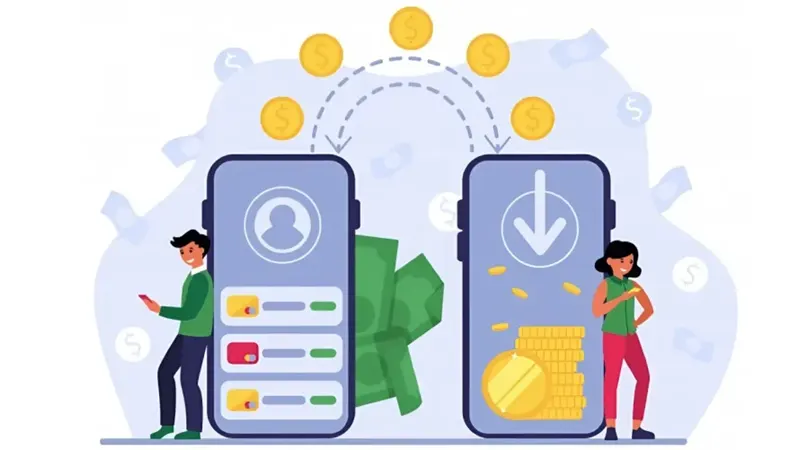
Scenario B: MGA Class 1 & 2 License Partnership
- Verify RNG certification and testing reports
- Review published financial statements
- Check public license register for any regulatory actions
The key is to trace the licensing chain from 82 Lottery through their casino partners to the ultimate regulatory authority.
Detailed License Verification Guide
Step 1: Identify the Licensing Authority
Look for license logos and “Verify License” links typically found in the website footer or about section.
Step 2: Access Official Regulatory Websites
Navigate directly to official sites:
- Malta Gaming Authority: mga.org.mt
- Gaming Control Curacao: gamingcontrolcuracao.org
- UK Gambling Commission: gamblingcommission.gov.uk
Step 3: Search License Database
Enter the operator name or license number to verify current status and authorized activities.
Step 4: Review License Conditions
Examine specific licensing terms including:
- Authorized gaming types
- License validity period
- AML/KYC requirements
- Player protection obligations
Step 5: Cross-Reference with Operator Website
Ensure all information matches exactly between the license and the operator’s public information.
82 Lottery’s Practical Experience Sharing
Multi-Jurisdictional Licensing Strategy
82 Lottery’s Practical Experience Sharing Prioritize operators holding licenses from multiple prestigious jurisdictions (MGA + UKGC combinations). This demonstrates commitment to highest regulatory standards.
Regulatory History Research
Utilize MGA’s public database to research any past regulatory actions, fines, or player complaints against the operator.
Practical Testing Approach
Conduct small-scale deposit and withdrawal tests to verify that licensing claims translate into actual player protection and fair treatment.
Domain History Monitoring
Track changes in domain names, corporate structure, and license transfers that might indicate operational instability.
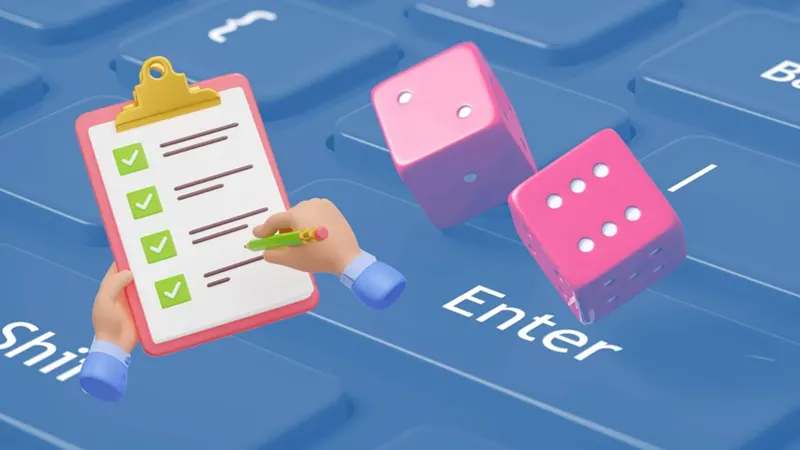
Red Flags: Weak or Questionable Licenses
Sub-License Concerns
While Curacao licenses are legitimate, sub-licenses require additional verification of the master license holder’s compliance status.
Lack of License Transparency
Operators who don’t prominently display license information or refuse to provide license verification details should be approached with extreme caution. This is often one of the most obvious signs of scam casino operations.
Expired or Suspended Licenses
Always verify current license status, as operators sometimes continue operating with expired or suspended licenses.
Fake License Claims
Some fraudulent operators display fake license logos or claim licenses they don’t possess. Always verify through official channels.
Staying Safe: Final Recommendations and Industry Outlook
Gambling license verification represents the foundational step in protecting player interests and ensuring safe gaming experiences. The regulatory landscape continues evolving, with jurisdictions strengthening oversight and implementing enhanced player protection measures.

Priority License Recommendations:
- European licenses (MGA, UKGC) for maximum protection
- Established jurisdictions with proven track records
- Transparent regulatory processes and public accountability
Future Considerations: The gambling industry is experiencing significant transformation, with traditional brick-and-mortar establishments adapting to digital demands while online platforms enhance their regulatory compliance. Understanding these dynamics, including the fundamental differences between Online Casinos vs. Traditional Casinos, helps players make informed decisions about where and how to gamble safely.
Best Practices for Players:
- Always verify licenses through official channels
- Research operator history and regulatory standing
- Test deposit/withdrawal processes with small amounts
- Stay informed about regulatory changes in your jurisdiction
- Report suspicious operators to relevant authorities
The future of gambling regulation points toward increased standardization, enhanced player protection, and greater transparency. By understanding licensing requirements and verification processes, players can confidently navigate the online gambling landscape while protecting their interests and ensuring fair gaming experiences.
Remember that legitimate operators welcome license verification inquiries and provide clear, accessible information about their regulatory status. Any operator who discourages or prevents license verification should be considered a potential risk. Stay informed, stay protected, and enjoy responsible gambling with fully licensed and regulated operators.
